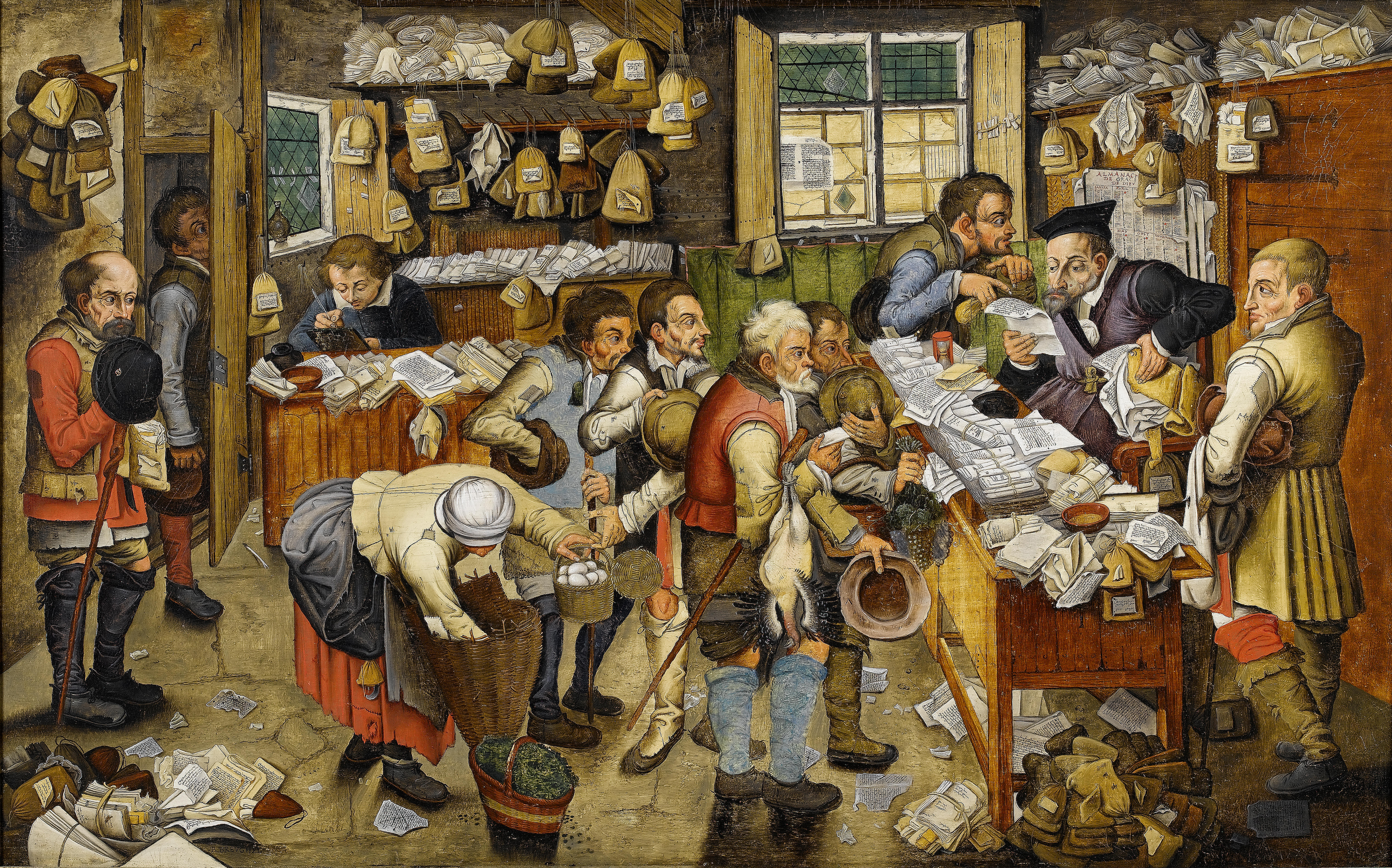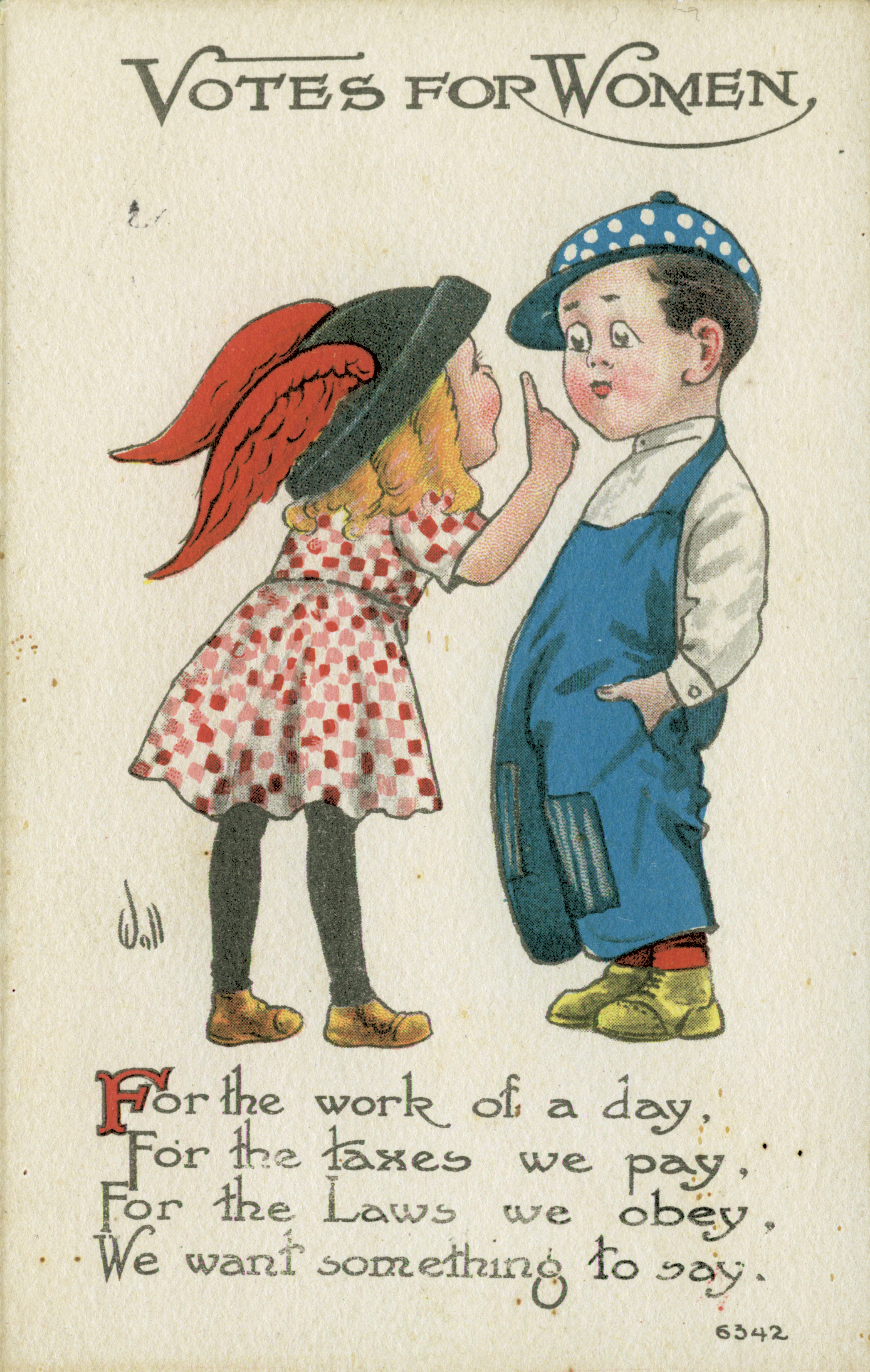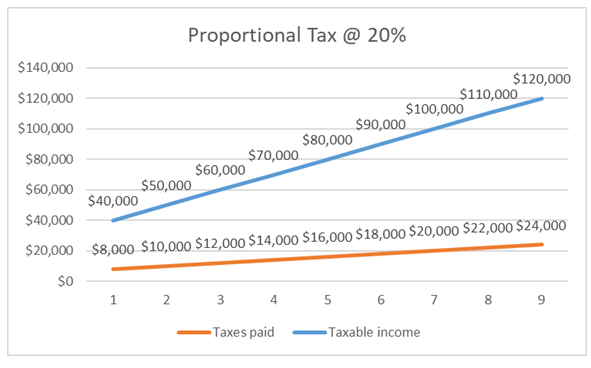Focus Question: What is progressive, proportional and regressive taxation?

Topics on the Page
Internal Revenue Service
- Taxpayer Bill of Rights
- 16th Amendment to the Constitution
Progressive Taxation
Proportional Taxation
Regressive Taxation
- Lotteries and Legalized Sports Betting
Proposals for Change
- Millionaire Tax and the Fair Share Amendment
- Robin Hood Tax
Teens and Taxes
 eBook Connection: Tax-Supported Facilities and Services
eBook Connection: Tax-Supported Facilities and Services
 How to Read a Pay Stub
How to Read a Pay Stub
 Presidential Tax Returns includes the tax returns of American presidents from Richard Nixon to Barack Obama as well as those of Franklin Roosevelt and the 2010 presidential and vice-presidential candidates. Presidents began releasing tax returns in the 1970s.
Presidential Tax Returns includes the tax returns of American presidents from Richard Nixon to Barack Obama as well as those of Franklin Roosevelt and the 2010 presidential and vice-presidential candidates. Presidents began releasing tax returns in the 1970s.
Three Basic Types of Taxes: Sales, Income, Property
 Crash Course on Taxes
Crash Course on Taxes
Three Types of Tax Systems Video: explains each tax system and how it functions in the US
The Internal Revenue Service

History of the IRS
- 1862 first income tax was established to pay for the Civil War
- 1913 the 16th Amendment enacted the income tax
 16th Amendment to the Constitution established the federal income tax.
16th Amendment to the Constitution established the federal income tax.
- 1952 Internal Revenue Service name
- 1988 Taxpayer Bill of Rights
The 1 Percent Problem, Joseph Stiglitz from Vanity Fair Magazine, May 2012 addresses the income inequality in American society.
Payment of the Tithes, Pieter Brueghel the Younger, 1617

Progressive
A taxation structure which progressively increases the percentage of a citizen's income (or wealth) which is paid in tax as income (or wealth) increases.
- The consequence should be that the more well off are taxed at a higher rate than are the less well off.
 Here is a lesson plan for teaching about Progressive Taxes: Progressive Taxes Lesson Plan
Here is a lesson plan for teaching about Progressive Taxes: Progressive Taxes Lesson Plan
See also History of the U.S. income tax from the Library of Congress.
-
Throughout the 1860s, 1870s, and 1880s, farmers formed such political organizations as the Grange, the Greenback Party, the National Farmers’ Alliance, and the People’s (Populist) Part who advocated for an income tax.
Supporters of the Occupy movement desire a tax system that is more progressive. Here is a graph showing rising income inequality:
 |
| Income Inequality. Posted on Wikimedia Commons by Emmanuel Saez |
Supporters of a Progressive tax argue that it would sharply reduce income inequality in the United States by raising the taxes on the wealthy.
Poster Declaring Women Who Pay Taxes Won Votes Too (1913)

Check Your US Tax Rate for 2012--and Every Year Since 1913
Tax Rates of the Mid-20th Century, Teaching History.org
Proportional
A tax system in which the tax collected is in constant proportion to the income being taxed, i.e. as income rises so tax rises proportionately. [2]
- A proportional tax is often referred to as a "flat tax" because every person pays the same percent of their income in taxes.
- For example, a person earning $10 million a year and a person making $10 thousand a year would each pay the same percent of their income in taxes. The millionaire would pay more, but both would pay at the same tax rate.
graph depicting how proportional tax works at 20% taxation:

Regressive
An 1887 advertising flier for the semi-annual Louisiana State Lottery drawing at New Orleans, 14 June.
Artwork shows a boy and girl with coins and banknotes, presumably to symbolize the schoolchildren the lottery was advertised as benefiting.

A tax structure which requires the more well-off to pay a lower percentage of their income (or wealth) in tax than a less well-off citizen.
Sales tax and the federal goods and services tax (GST) are of this type as these taxes remain constant regardless of one's income.
The consequence is that the more well-off citizen pays a smaller percentage of their income to cover the tax on a new refrigerator than does a less well-off person. [3]
Another example of a regressive tax would be the federal payroll tax which is capped at $97,500. If you earn more than this a year you do not pay a higher rate. A person paying at 90,000 would be paying a higher percentage of their income than a person earning $10 million because the tax is not a percentage, but a gross amount (4).
For an interesting history related to the image to the left, see the Wikipedia entry on the Louisiana State Lottery Company, the only legal lottery in the mid-19th century that was ended in 1907 after corruption charges against it. This was a different organization than the present day Louisiana Lottery Corporation.
For a list of lotteries operated by states, see Lottery Results from USA.gov
 Here is a lesson plan for teaching about Regressive Taxes: Regressive Tax Lesson Plan
Here is a lesson plan for teaching about Regressive Taxes: Regressive Tax Lesson Plan
How Legal Fees Can Serve as a Form of Regressive Taxation
- ACLU court case won in San Francisco, California after legal fees were disproportionately impacting Black and Brown communities
- Regressive Taxation perpetuate poverty in these communities and are directly related to the racial wealth gap
Lotteries and Legalized Sports Betting
What Are Your Odds of Winning the Lottery?
- Odds for correctly choosing 6 numbers drawn are 1 in 13,983,816
4 Reasons Not to Buy a $700 Million Powerball Ticket (That Have Nothing To Do with the Crazy Odds), MarketWatch (August 23, 2017)
- Lottery play in the United States is greatest among low-income groups
- Men, African Americans, Native Americans, and those living in disadvantaged neighborhoods
What about the casino and Native American relations? (4 min video)
- There has been much activity in the past decade regarding sovereign native communities and the federal government's right to regulate
- Recent case where the Supreme Court ruled Natives can handle crimes on their lands and the government is hands off
- Natives are not taxed
- Even though many native communities are poor and disadvantage, much Native Casino revenue is still donated to other communities
 Should States Expand Lotteries or Legalize Sports Betting to Raise Money for Communities?
Should States Expand Lotteries or Legalize Sports Betting to Raise Money for Communities?

Millionaire Tax Proposal
Everything You Need to Know about the Millionaire Tax Proposal in Massachusetts
Proposed Fair Share Amendment in Massachusetts
- Additional tax of four percentage points on the portion of a person’s annual income above $1 million
- The new revenue, approximately $2 billion a year, would be spent on quality public education, affordable public colleges and universities, and the repair and maintenance of roads, bridges, and public transportation
A scene from "Bold Robin Hood and His Outlaw Band: Their Famous Exploits in Sherwood Forest", 1912

Robin Hood Tax Proposal
Proposal for Robin Hood Tax (also known as FTT or financial transactions tax) that would charge a small fee of less than half of one percent (0.03%) on Wall Street transactions.
Teens and Taxes
2018 Income Requirements for Teenagers
The Five Most Significant Things A Teen Needs to Know
Works Cited
[1] http://bitbucket.icaap.org/dict.pl?alpha=P
[2] http://www.accounting-dictionary.com/definition/proportional-taxation.html
[3] http://bitbucket.icaap.org/dict.pl?term=REGRESSIVE%20TAXATION
[4] http://www.shmoop.com/taxes/tax-systems.html
Comments (0)
You don't have permission to comment on this page.